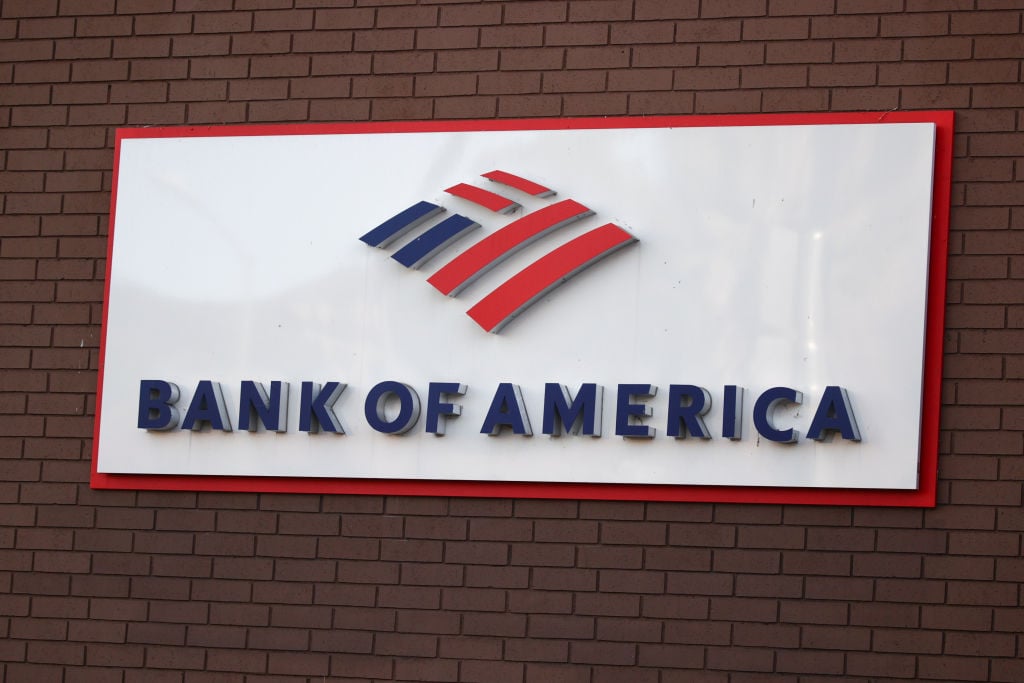Bank of America (BAC 1.00%) recently reported its second-quarter results, and it missed analyst expectations on the top line. However, as per usual, the headline numbers don't tell the full story here. In this Fool Live video clip, recorded on July 14, Fool.com contributor Matt Frankel, CFP, discusses some of the key numbers investors should pay attention to and why he's not too concerned.
Matt Frankel: About Bank of America earnings, which I'm the banks and real estate guy so I figured I'd take a stab at that one. If I had to put a label on Bank of America's earnings, which is my biggest bank stock position, I would say mildly disappointing. Shares fell after earnings. The big reason is because the bank missed revenue, but you really have to take a closer look at it. The bank missed revenue by about $200 million. It generated $21.6 billion versus the $21.8 billion expectation. The biggest reason it missed those expectations is trading revenue. Bank of America has a big investment banking division when times are volatile, like they were in the first quarter and in most of 2020, people are trading more fixed income securities change hands when interest rates are volatile, more equities change hands when the stock market is volatile. The second quarter had probably the lowest volatility since the pandemic started in the market. Their fixed income trading revenue missed by $700 million. If it weren't for that, the rest of their business actually beat expectations by about half a billion dollars that their fixed income revenue just really overshadowed it. Interest margins were another area of concern. They missed on expectations for their net interest margin, which is how banks make their money. Banks profit from the difference between the amount of interest they take in on loans and their cost of their deposit base and Bank of America wasn't looking so good because interest rates did not rise as much as expected in the second quarter. A lot of experts though this inflation would lead to treasuries spiking and things like that. This is why remember the tech stocks all fell in March and April, I think it was. I'd say mildly disappointing, but nothing that's a long-term cause for concern.






